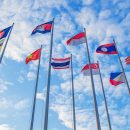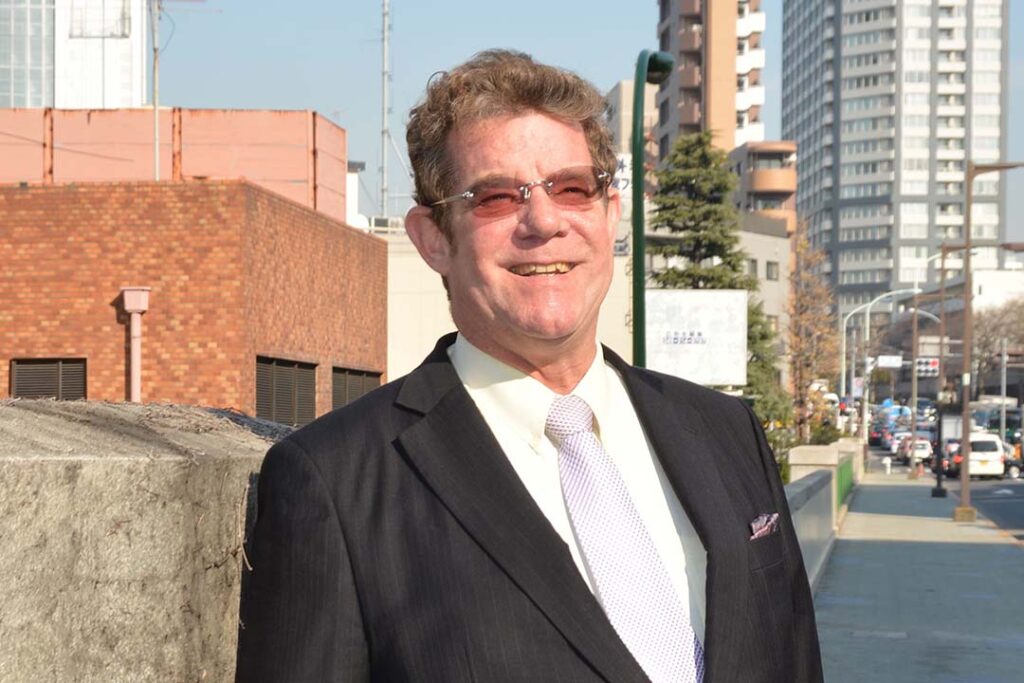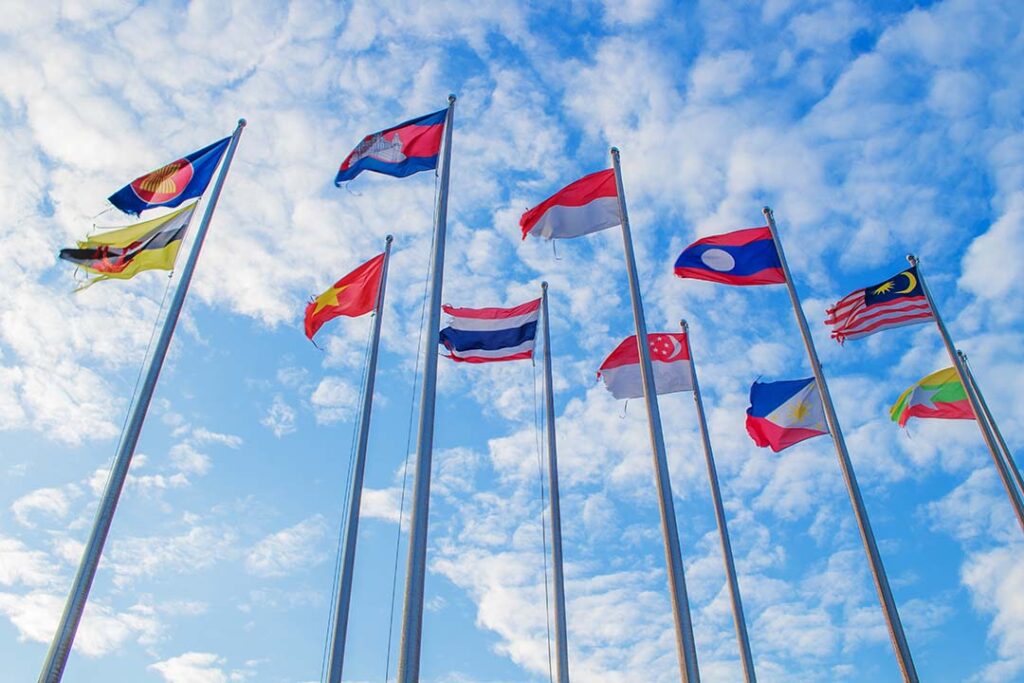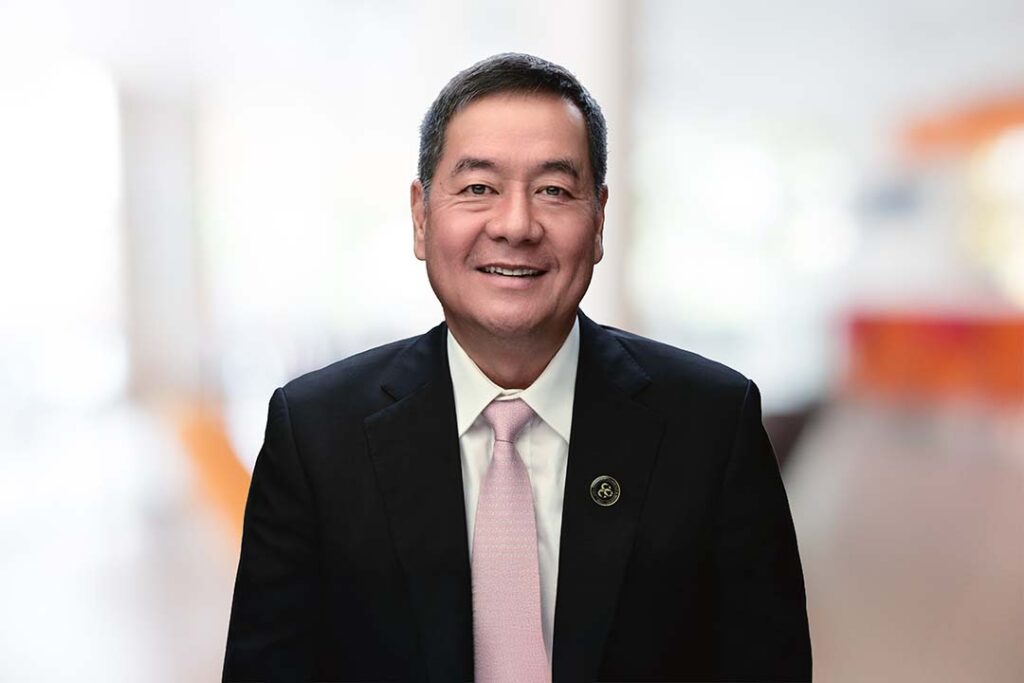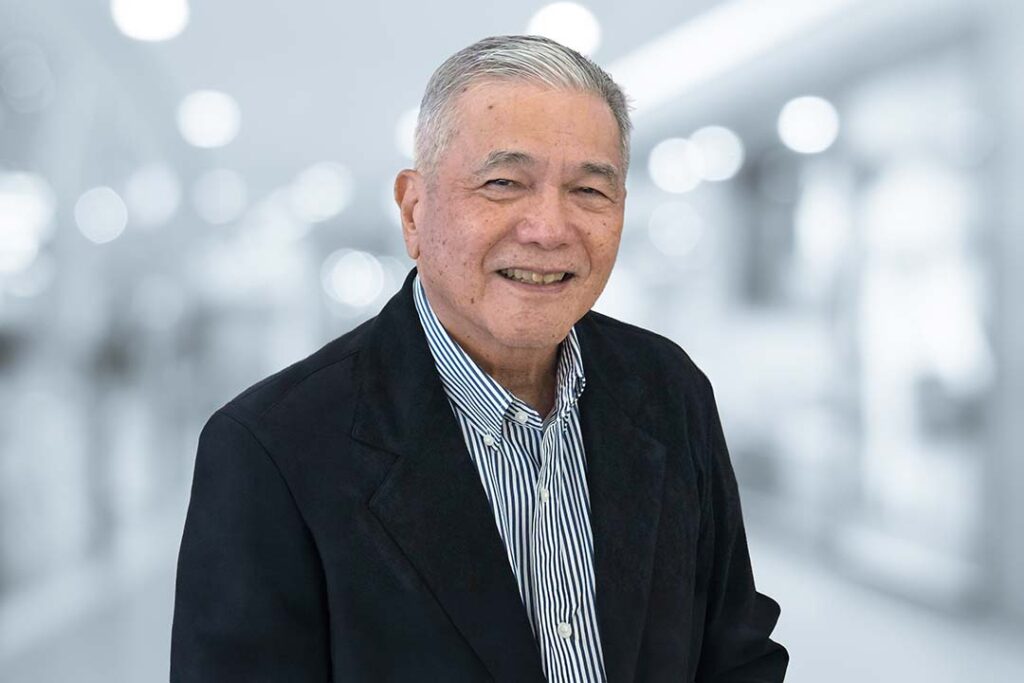As Japan and Brazil commemorate 130 years of diplomatic relations in 2025, a series of high-level visits and deepening collaborations signal a new era of partnership rooted in trust, shared values, and a common vision for the future.
President Lula’s recent state visit to Japan from March 24 to 27 underscored the importance both nations place on their bilateral cooperation. The visit resulted in the signing of ten agreements and over 80 cooperation instruments, spanning areas from decarbonization and infrastructure to agriculture and science. “This visit not only reaffirms our strong bilateral relationship,” said Japan’s Ambassador to Brazil Teiji Hayashi, “but also exemplifies our shared vision for the rule of law, multilateralism, as well as commitment to tackle pressing global challenges.”
Three months later, from June 5 to 16, Brazil welcomed Her Imperial Highness Princess Kako—a symbolic gesture in the anniversary year. During her visit, Princess Kako attended a commemorative ceremony hosted by Brazil’s National Congress, delivered a speech honoring bilateral ties, and paid a courtesy visit to President Lula. She also met with first-generation Japanese Brazilians and received the Order of the Ipiranga at a dinner hosted by Governor Tarcísio de Freitas at the Palácio dos Bandeirantes. “The visit of Her Imperial Highness symbolized the close bond between the two nations,” said Ambassador Hayashi. “We have already seen more than 70 percent increase of Brazilian visitors to Japan last year,” he added, noting that cultural and people-to-people exchange remains a vital pillar of bilateral ties.
Further spotlighting the relationship, Brazil celebrated its national day at Expo 2025 in Osaka on June 21 with a full day of cultural programming organized by ApexBrasil. The event featured concerts, film screenings, and exhibitions that honored 130 years of diplomatic ties with Japan and showcased Brazil’s commitment to sustainability and innovation. Performances by artists such as Lisa Ono, Zeca Pagodinho, and Mãeana reflected the richness of Brazilian culture and its enduring connection with Japan.
While diplomacy sets the tone, the private sector is driving tangible impact—especially in technology, energy transition, and digital transformation.
In São Paulo, Macnica DHW is leading that charge. Originally founded as DHW Engineering in 2009 by Fabio Petrassem de Sousa, the company has evolved from a niche hardware consultancy into a regional hub for AI and high-performance computing. “Starting the company was moved by several reasons,” Sousa said. “But above all I decided to take the opportunity and risk of creating a business based on my incredible learning experience I had in the U.K.” That journey eventually led to acquisition by Japan’s Macnica Group. “We became larger, more relevant and impactful in the electronics industry market,” Sousa added.
In the mobility sector, a standout example of long-term collaboration is SCI Pneus, Yokohama’s official distributor in Brazil for over 30 years. “The tire division was a natural development,” said Pedro Abreu, director at SCI Pneus. “It aligned perfectly with our existing expertise in foreign trade and representing global brands.” That expertise positioned SCI to support Yokohama’s entry into Brazil’s market in the 1990s. “Through affiliated companies, we were chosen to launch Yokohama’s commercial presence in Brazil,” Abreu recalled. “Becoming Yokohama’s exclusive distributor marked a turning point. It combined our local knowledge with the strength of a brand globally recognized for its quality and technology.”
As Japan and Brazil celebrate the past and chart a future together, companies like Daikin, Macnica DHW, SCI Pneus, Ocean Network Express—and communities like the Nikkei—are proving that global partnerships thrive on mutual respect, local empowerment, and a shared ambition to shape the future.
The partnership has matured into a robust national operation, blending Japanese technical excellence with Brazilian market agility. “Our commitment is to uphold Yokohama’s brand excellence in Brazil with the same rigor applied in the world’s most demanding markets,” said Abreu. “At the same time, we tailor our strategies to the local consumer—whether in product mix, lead times, or communication.”
SCI’s strengths lie not only in logistics and innovation, but also in human relationships. “Beyond systems, we value close and transparent relationships,” Abreu explained. “We’ve built long-term partnerships on trust and consistent results.” As the tire industry evolves, SCI is prepared to lead the next phase. “The industry is moving toward smarter, more integrated solutions—and Yokohama is investing globally in that direction,” Abreu said. “Our goal is to accelerate this momentum in Brazil, while deepening our role across the supply chain.”
Further reinforcing economic ties is Ocean Network Express (ONE)—a relative newcomer founded in 2017, yet already a vital player connecting Latin America and Asia. Brazil is among its most significant markets. “By combining innovation, sustainability, and our strong local presence, ONE strengthens the ties between Japan and Latin America—not just with ships, but with trust, a clear vision for the future, and continuous collaboration,” said Colin de Souza, President of ONE Latin America.
Sustainability and digital transformation are cornerstones of ONE’s strategy. The company has invested in next-generation vessels such as the ONE Sparkle and ONE Sphere, prepared to run on alternative fuels like methanol and ammonia. These ships support the low-emission transport of sensitive cargo such as fresh fruit, reinforcing the shift toward green ports and renewables in the region. On the digital front, tools like ONE Quote, ONE eBL, and CONTAINER+ offer instant quotes, digitized documentation, and real-time tracking of refrigerated cargo—boosting transparency and efficiency across the logistics chain.
With offices in 11 countries, 16 partner agencies, and over 4,100 active clients—most of them based in Brazil—ONE supports critical sectors like agribusiness and automotive. Its 21 regional services, six of which directly connect to Asia, ensure deeper market integration. New offerings like the East Coast South America Express 2 (SX2) and upgraded River Plate routes (RPX, RMB) further expand access between Brazil and the Far East.
This vision of shared innovation aligns with Japan’s strategic priorities in Brazil. “Being a key country of the so-called Global South, Brazil is a critical partner for Japan in maintaining global stability,” said Ambassador Hayashi. “It will become all the more critical for the two partners to collaborate” on challenges shaped by “new technologies including artificial intelligence.”
Sustainability is another unifying theme. “Japan applauds Brazil’s effort to preserve tropical forest in Amazonia while maintaining sustainable economic growth that benefits the region and the world,” said the Ambassador, noting Brazil’s pivotal role as host of COP30 in Belém this November.
Throughout these advancements, the Nikkei community—2.7 million strong—continues to serve as a living bridge. “They are the largest group of people of Japanese descent living overseas,” said Ambassador Hayashi. “Now that the Japanese Brazilian community has moved on to the third, fourth and fifth generations, they are active in all fronts of Brazilian society.” He emphasized, “The 130th anniversary… is also a strong reminder of the important contribution made by Nikkei Brazilians in both countries.”
For Sousa, the Japan–Brazil connection has been both personal and professional. “In spite of all the differences, we share the same values,” he said. “It was very rewarding to see how much our local specificities were respected, and how empowered I felt to carry on with my work—with all the support, but not with interference.”
As Japan and Brazil celebrate the past and chart a future together, companies like Daikin, Macnica DHW, SCI Pneus, Ocean Network Express—and communities like the Nikkei—are proving that global partnerships thrive on mutual respect, local empowerment, and a shared ambition to shape the future.











